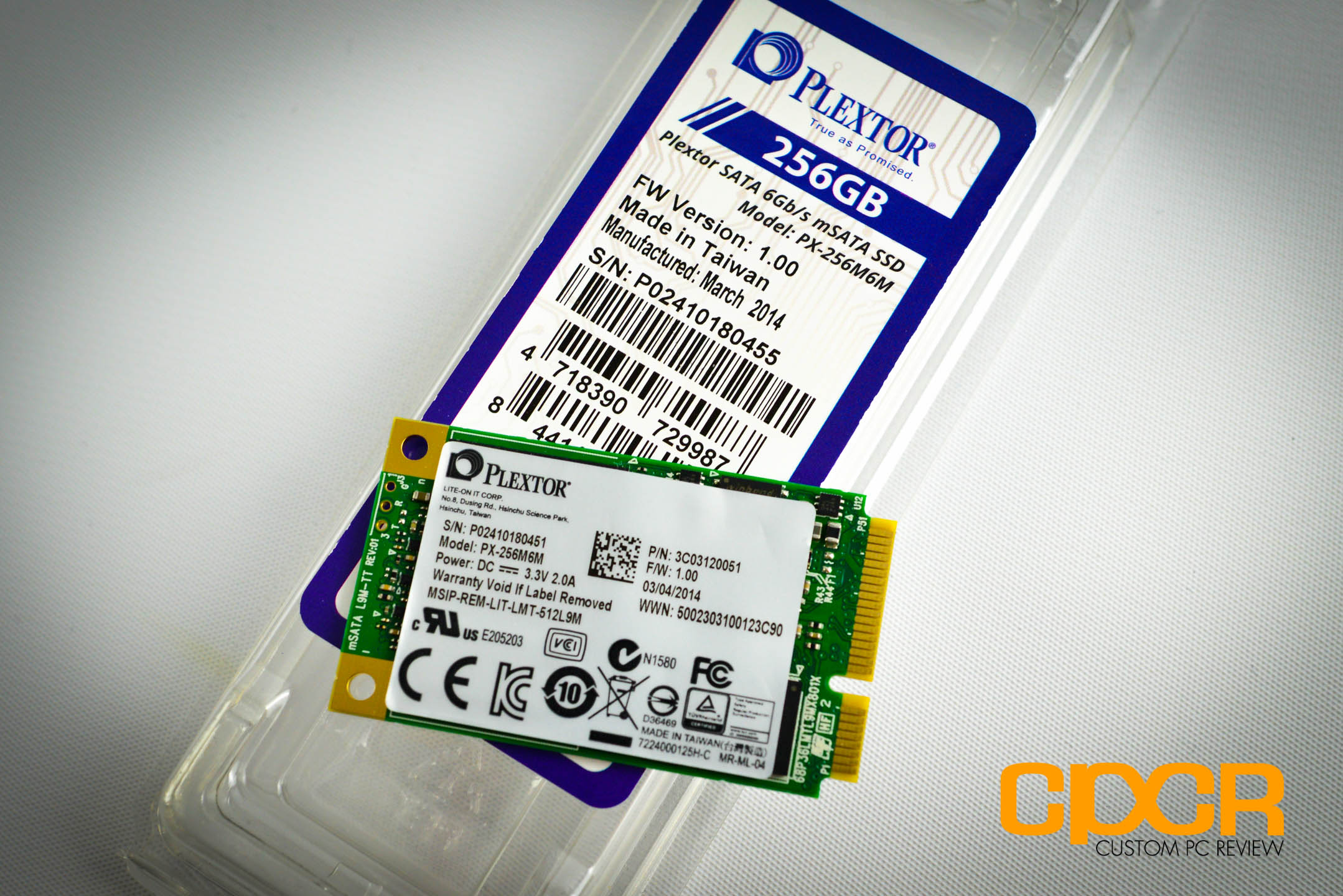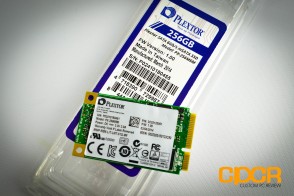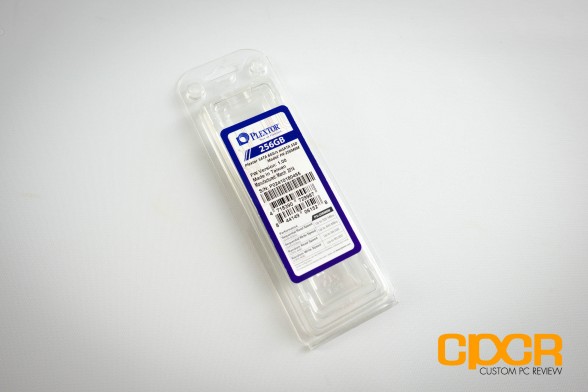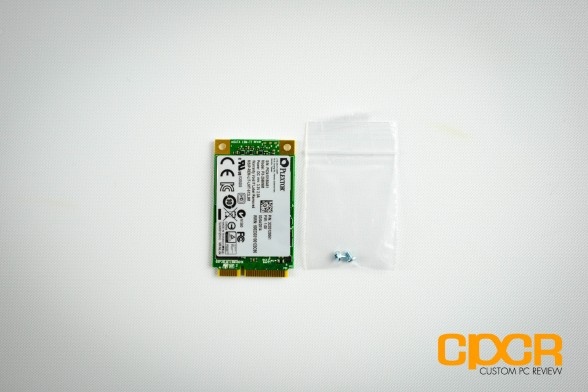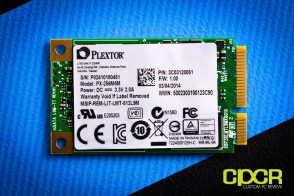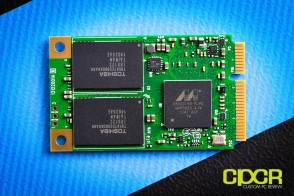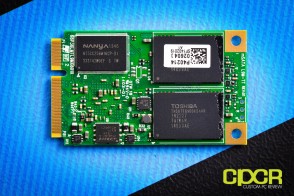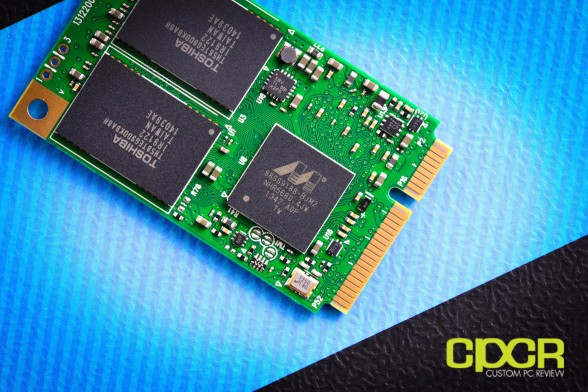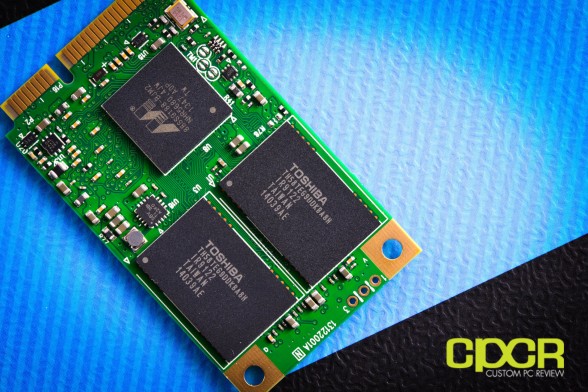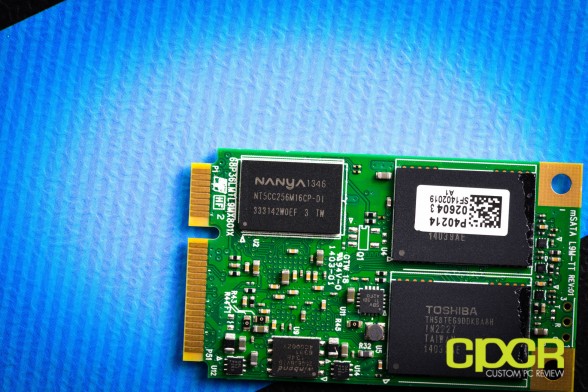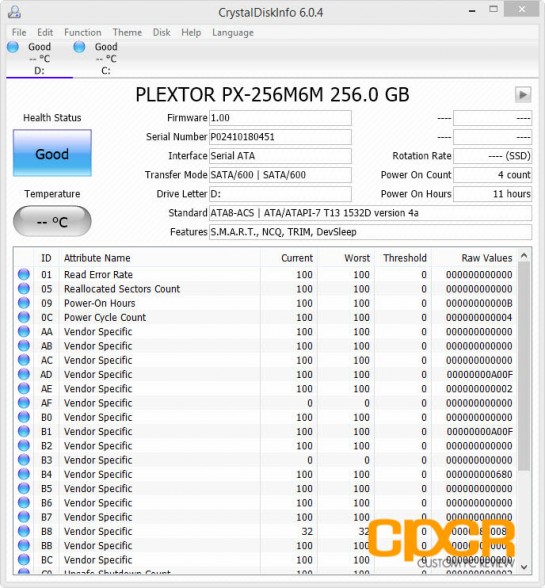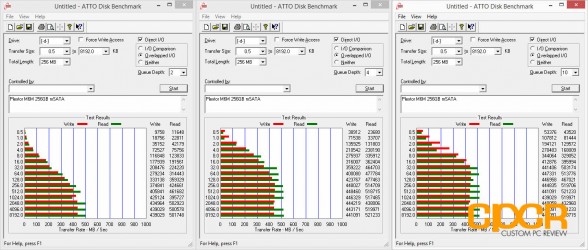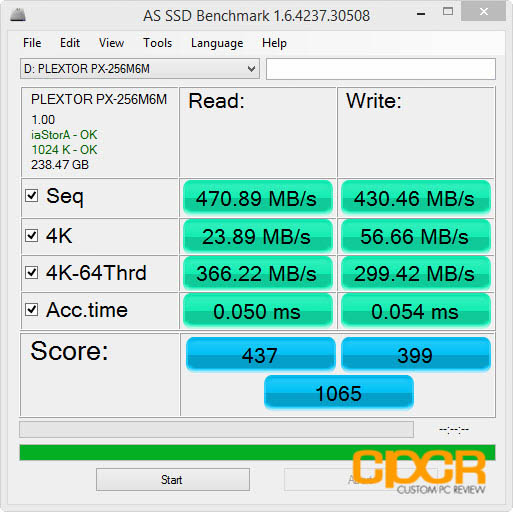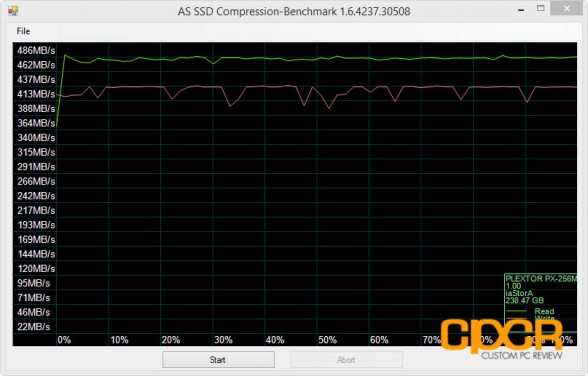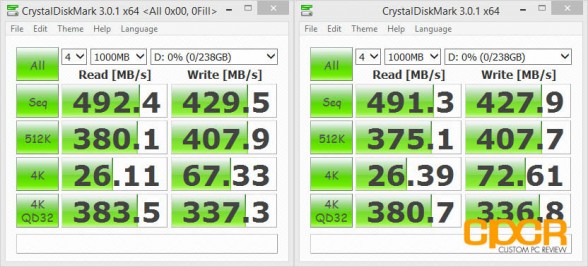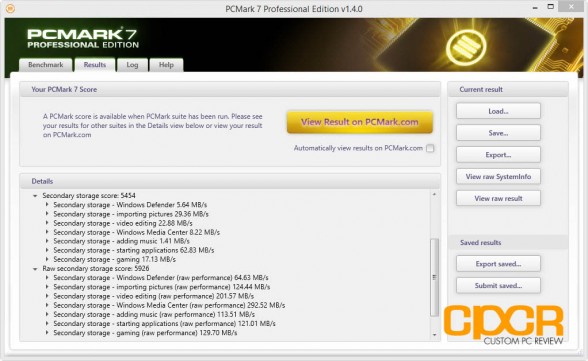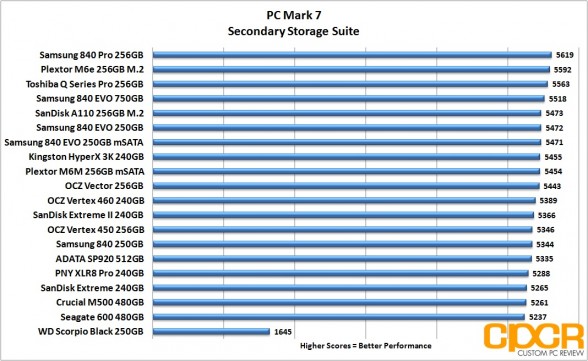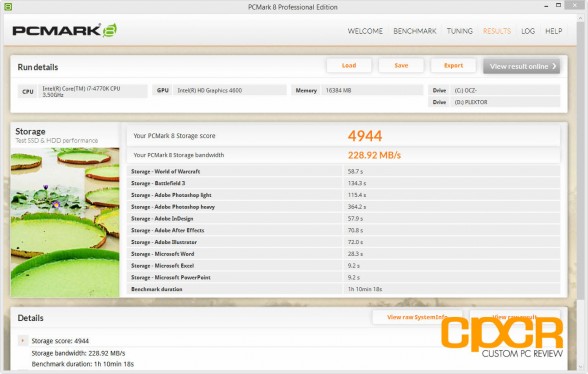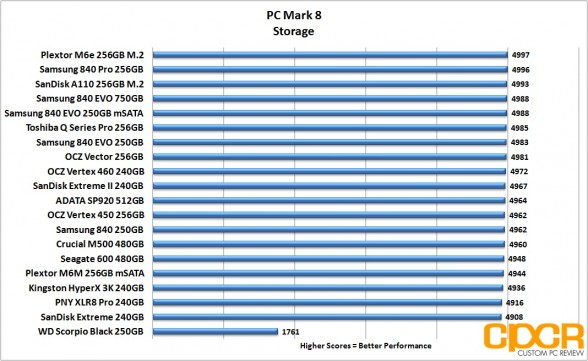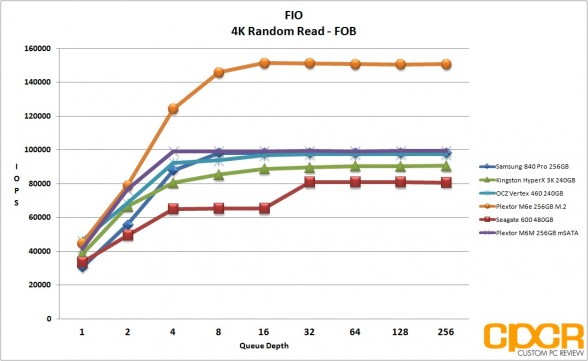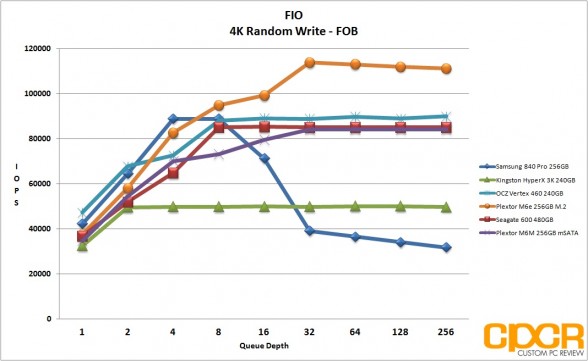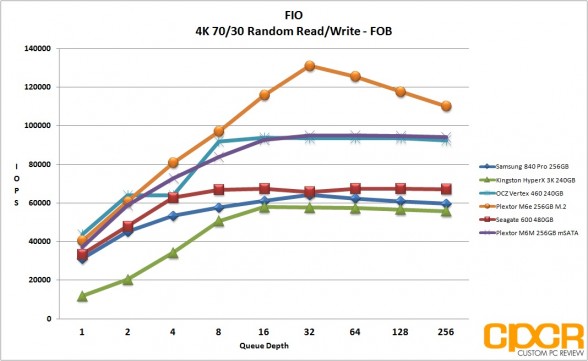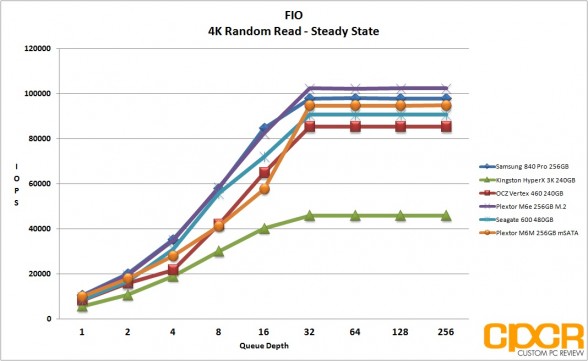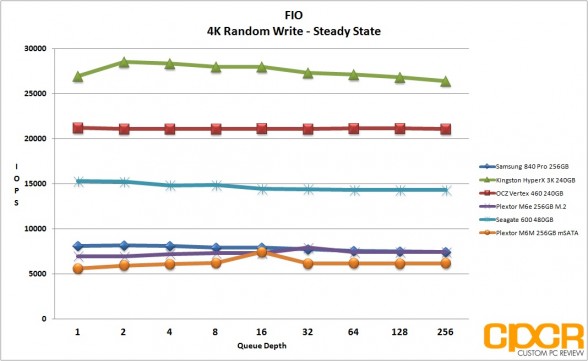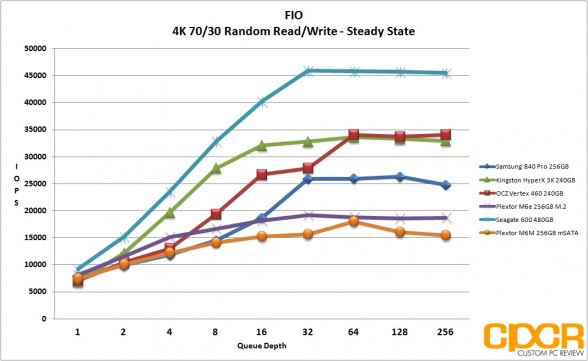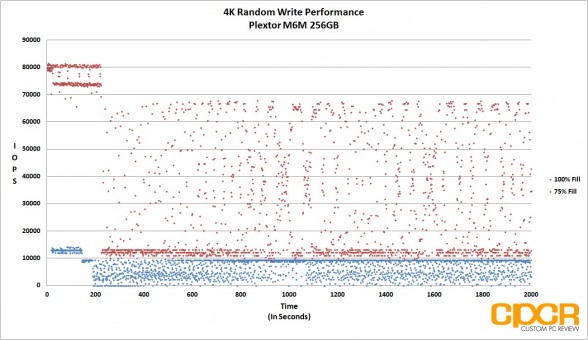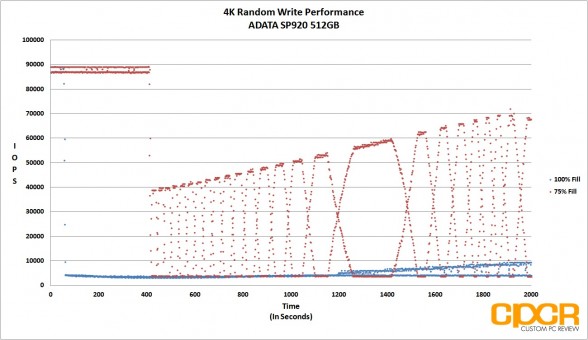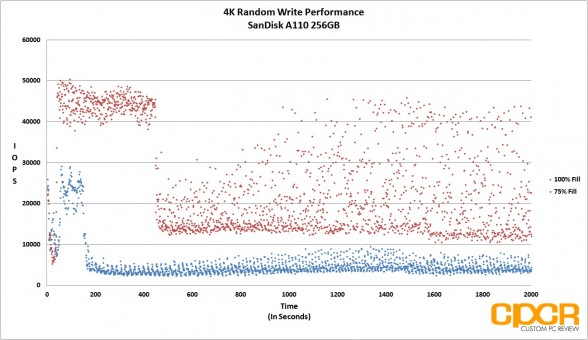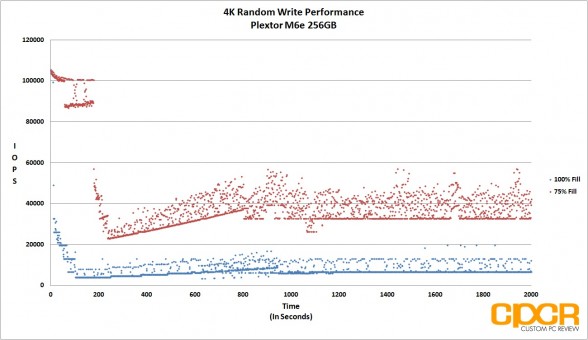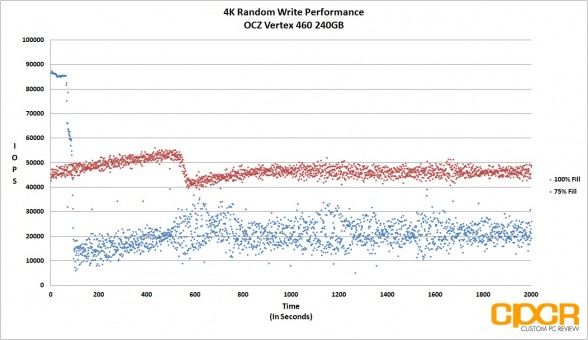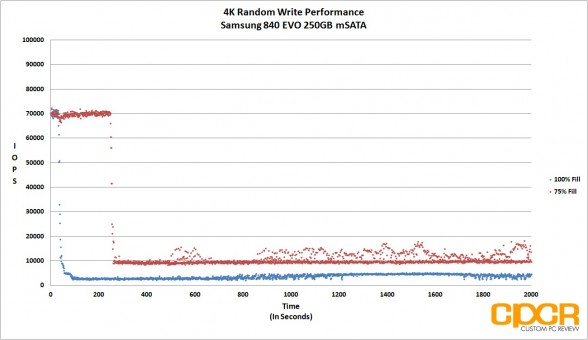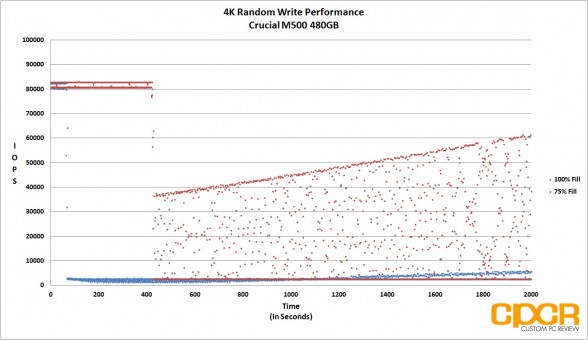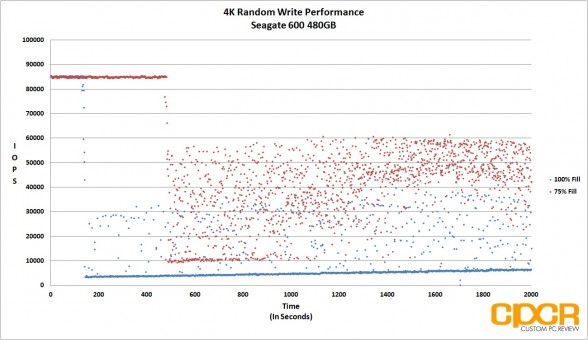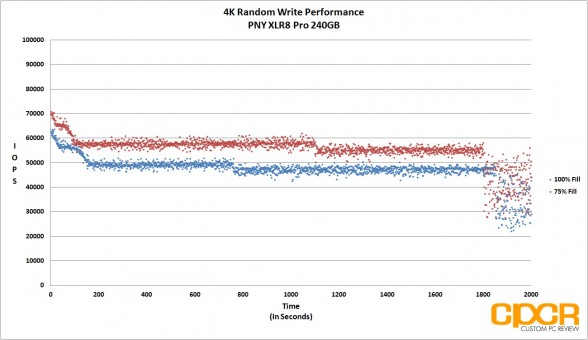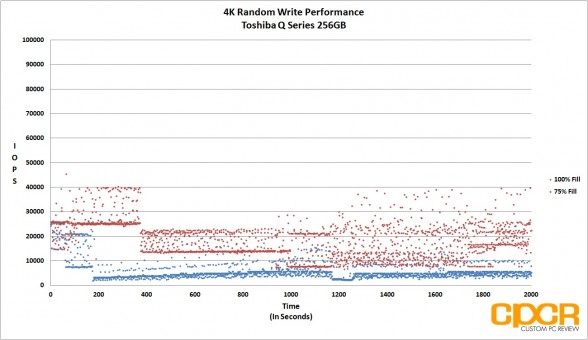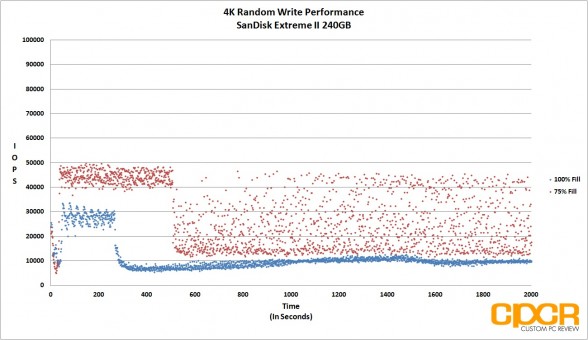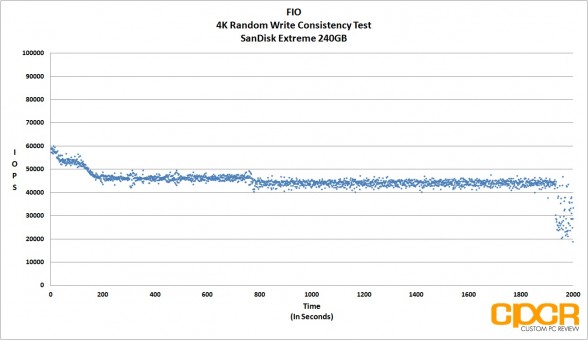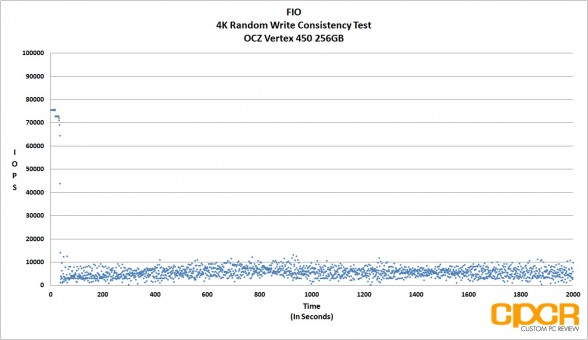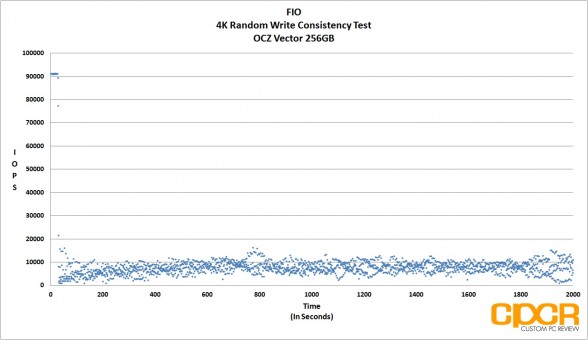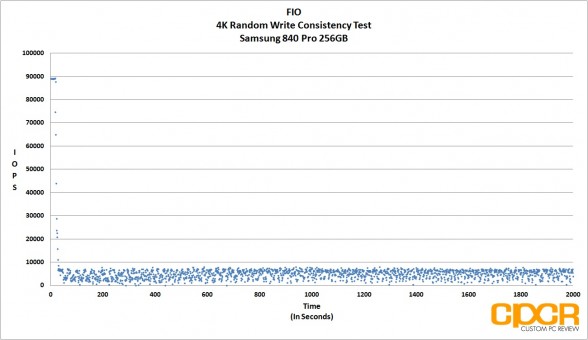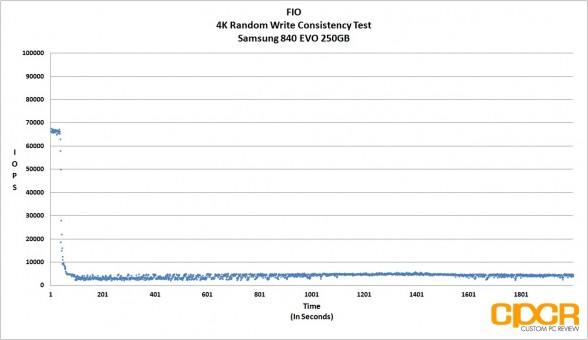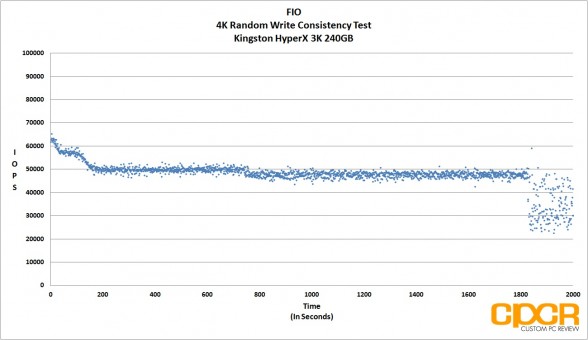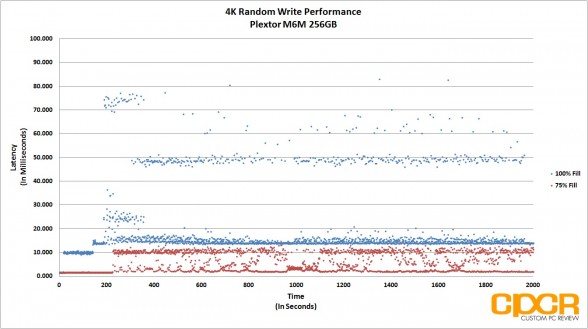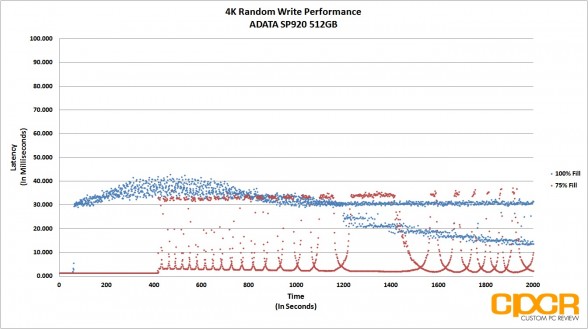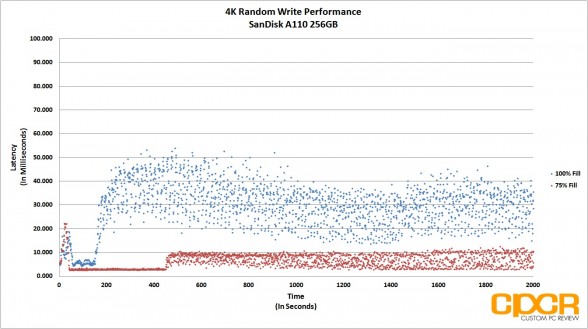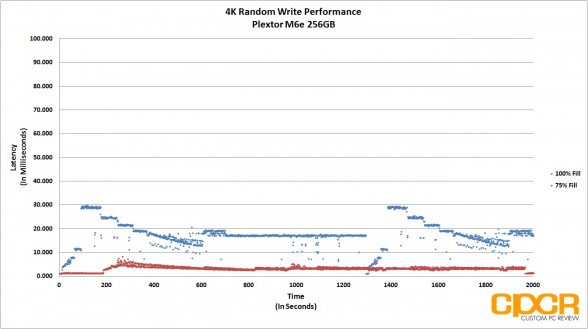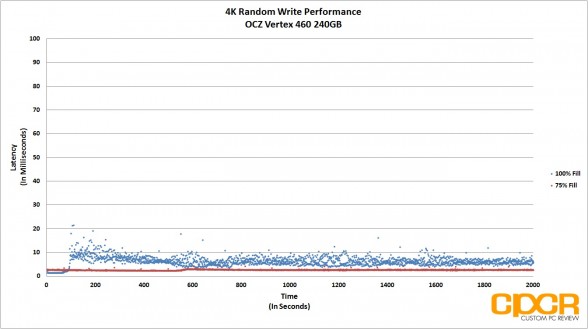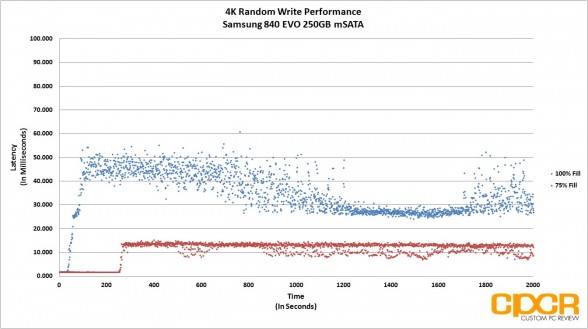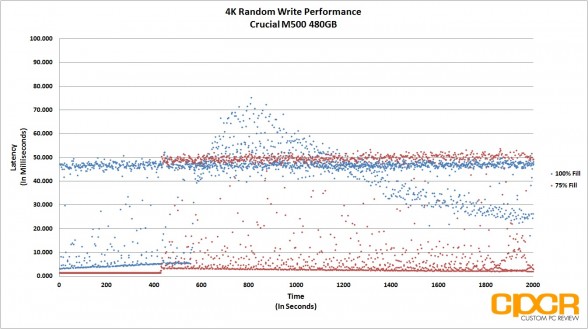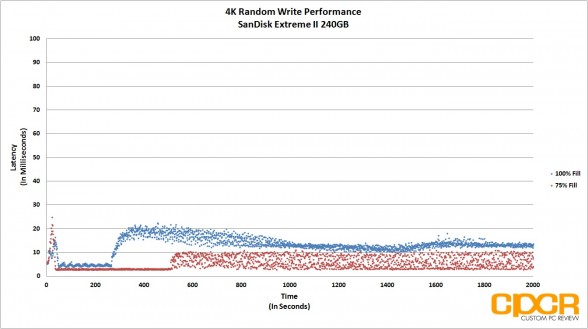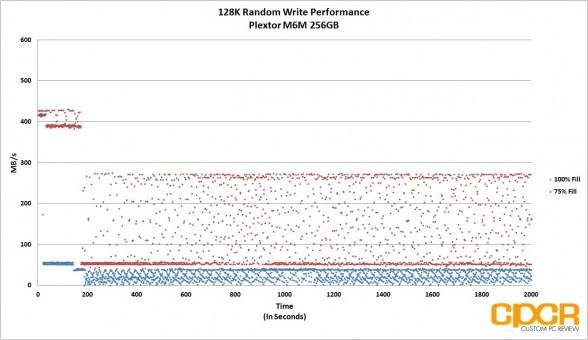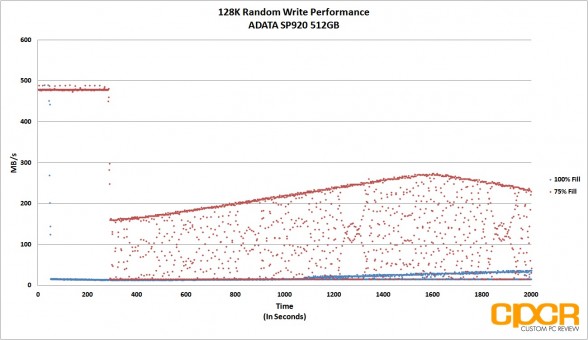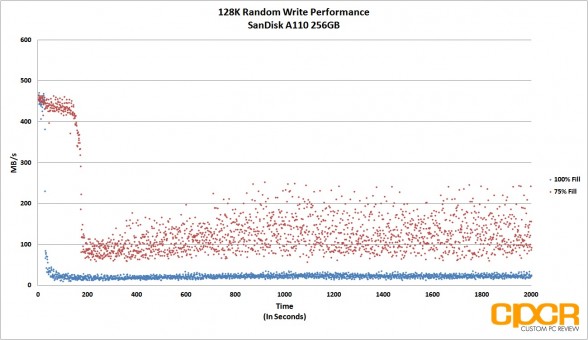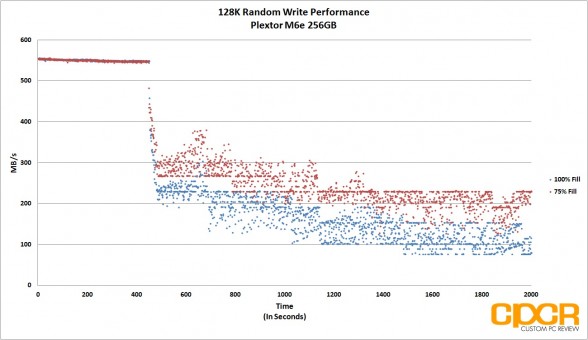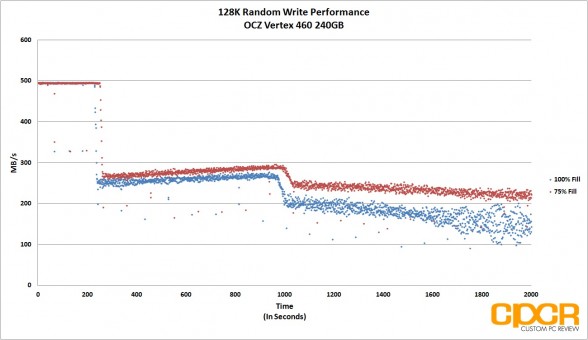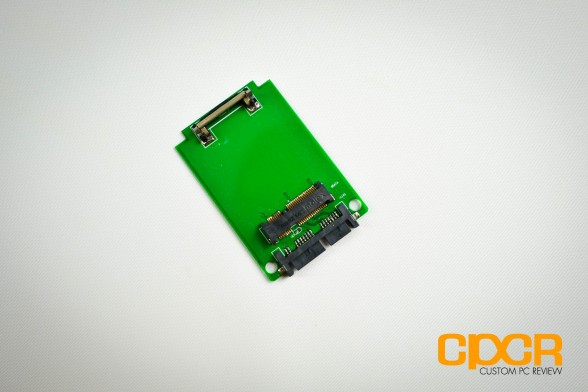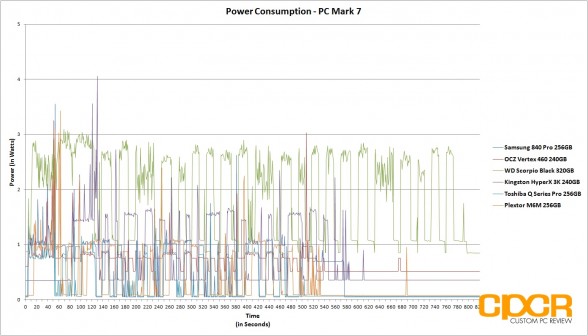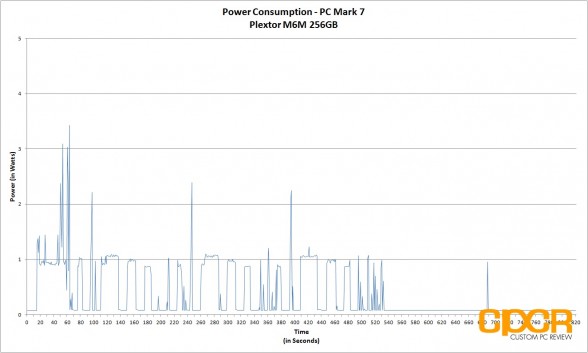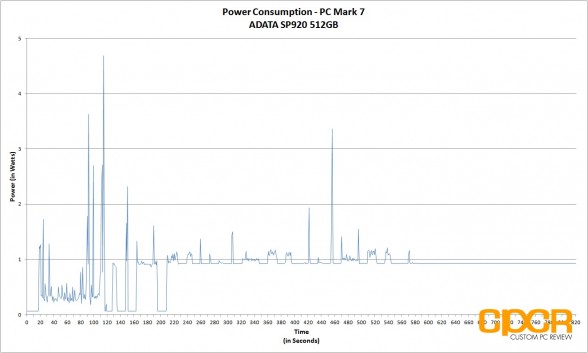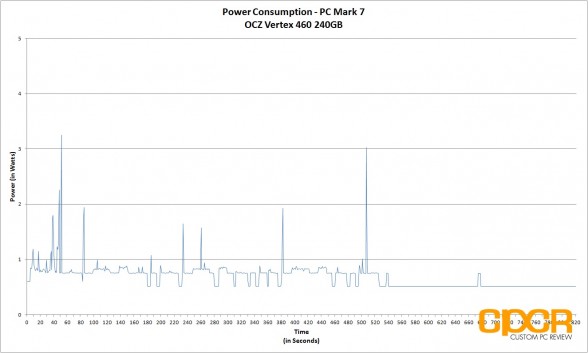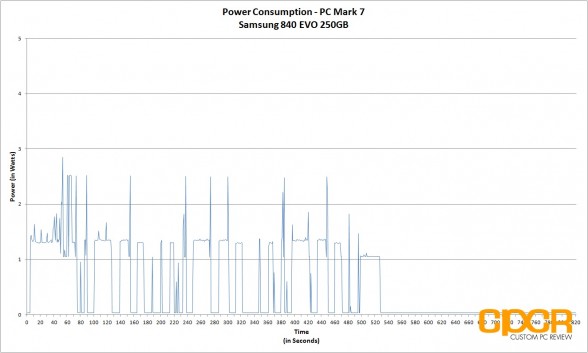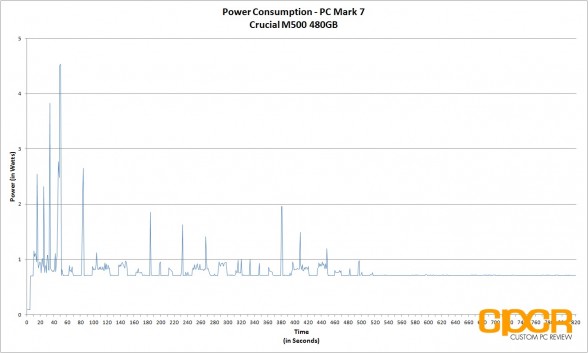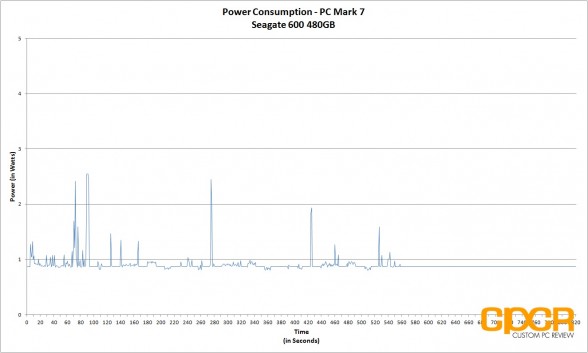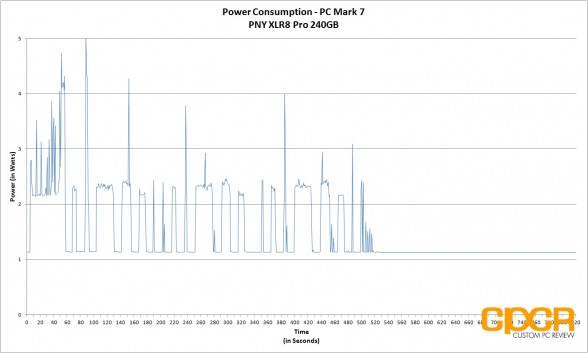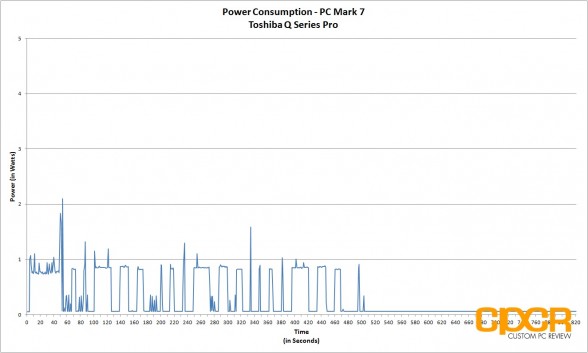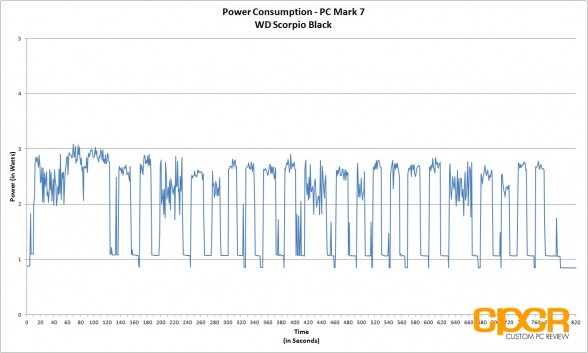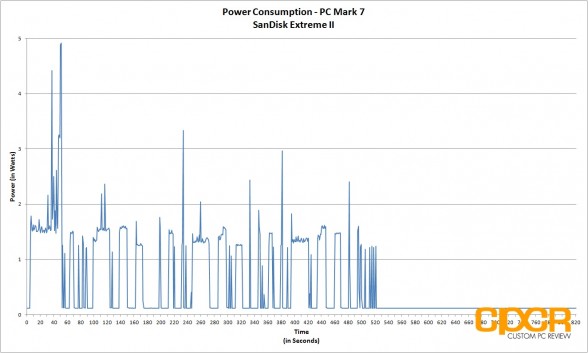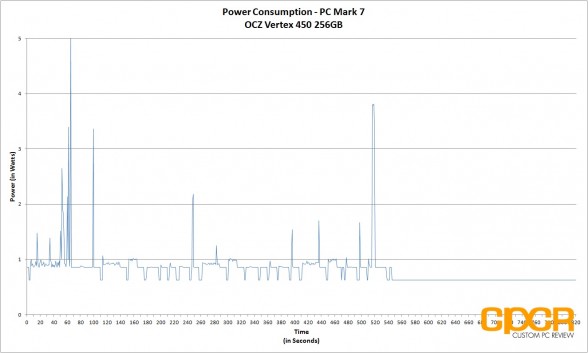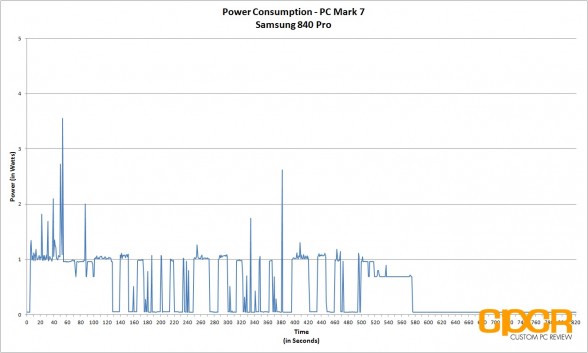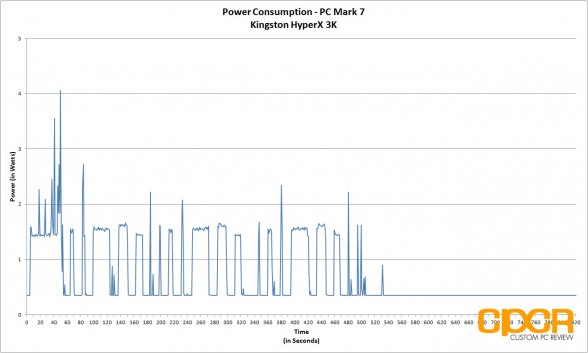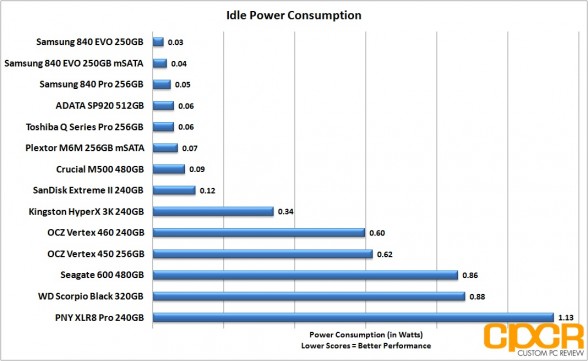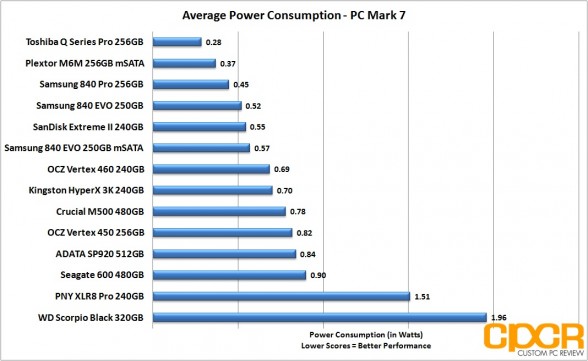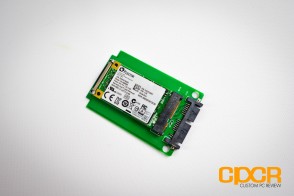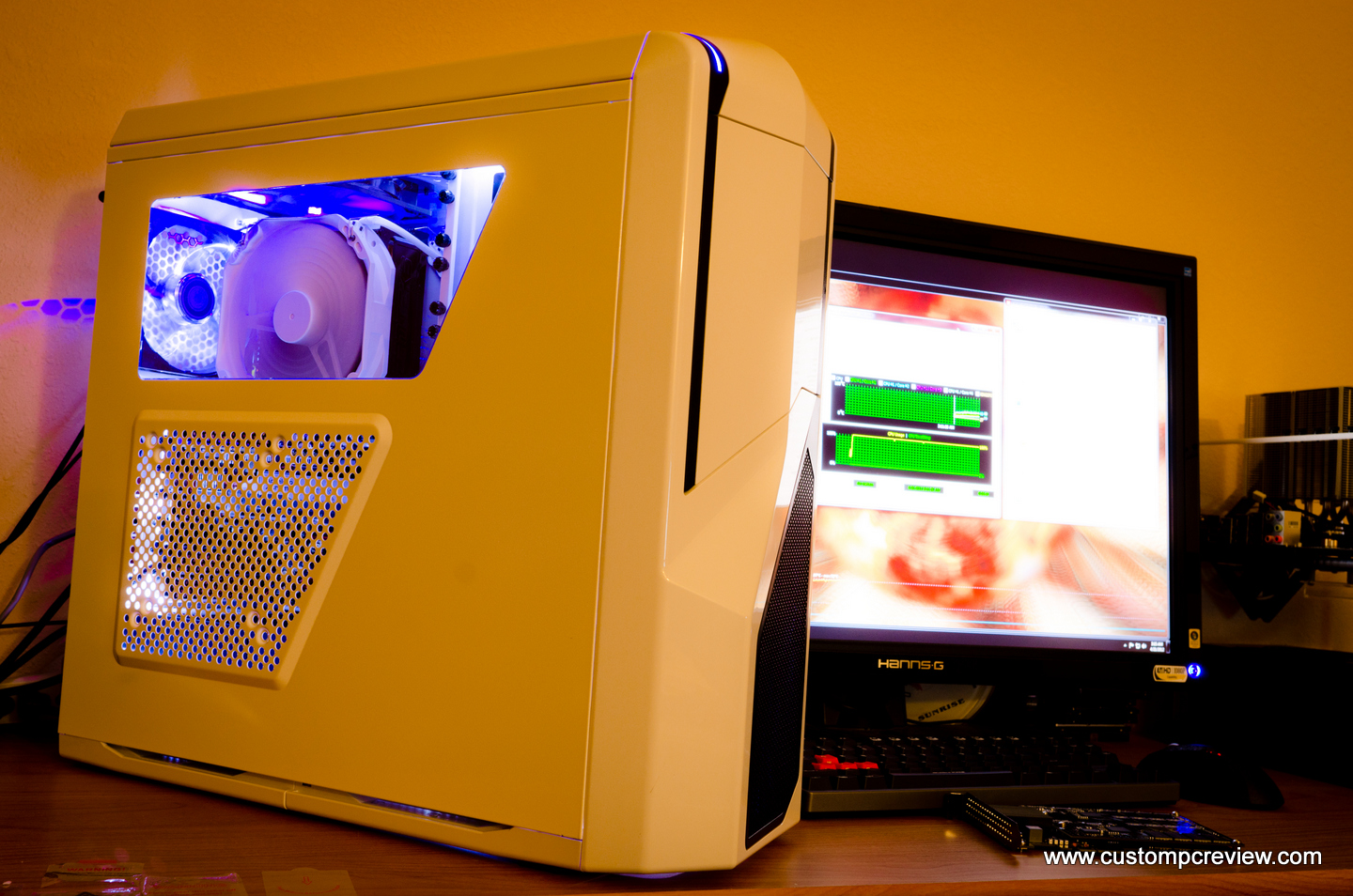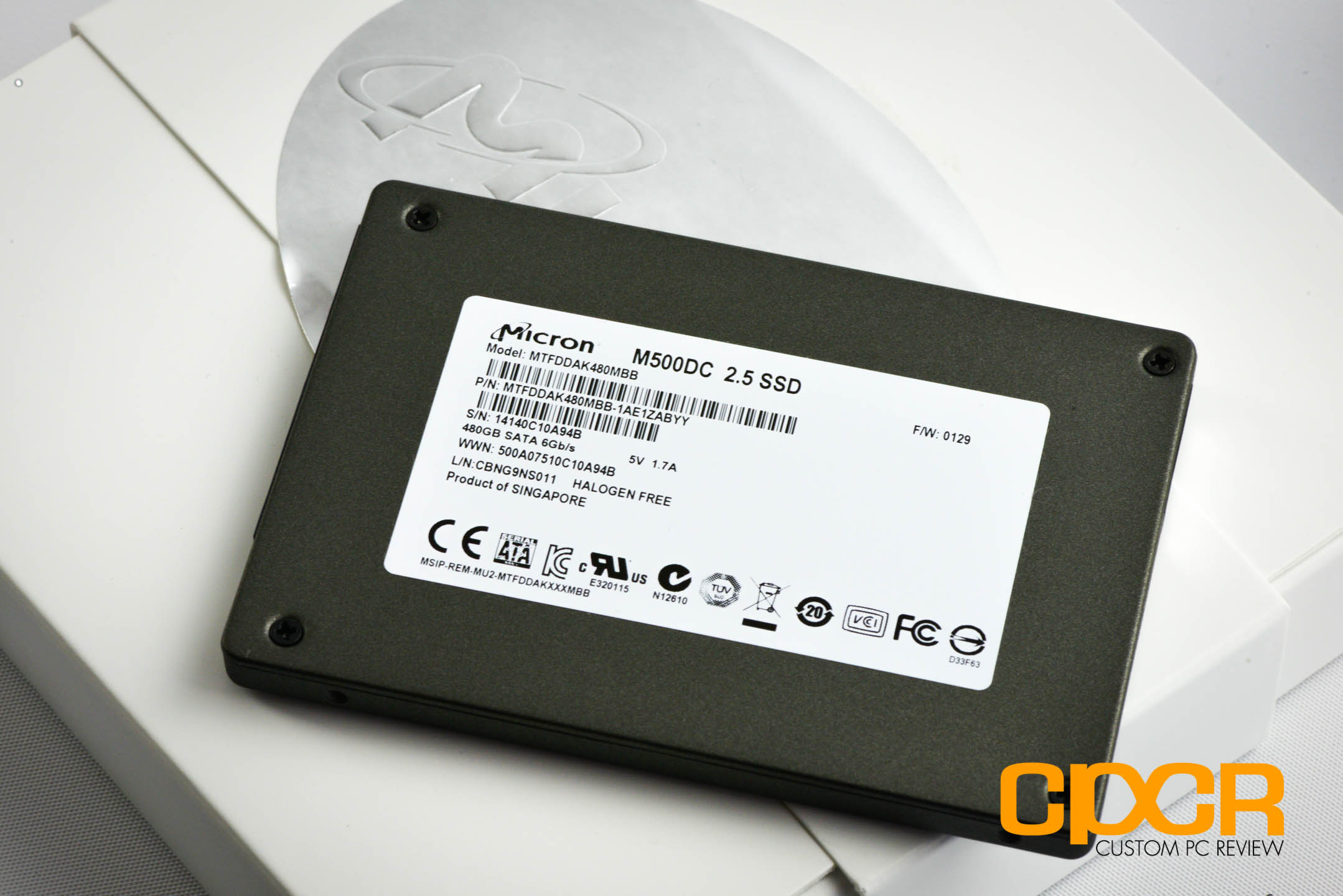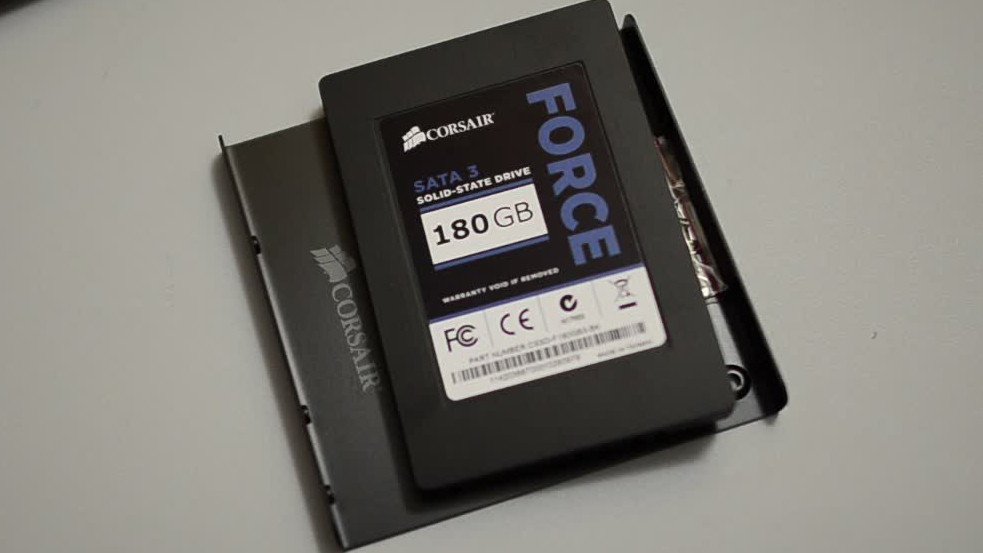[section label=1. Introduction]
Marvell 9188’s First Appearance
At CES earlier this year, one of the SSD vendors with a lot to show off was Plextor who had a number of new SSDs planned for early 2014. Among the SSDs they showed were the Plextor M6e, a M.2 form factor PCIe SSD, the Plextor M6S, a new 2.5″ SATA 6Gb/s SSD, and the Plextor M6M, a new mSATA SSD. So far, we’ve already had a chance to check out Plextor’s first M.2 SSD aimed at the retail market, the Plextor M6e, and was highly impressed with the drive, so now we focus our attention to the the rest of Plextor’s lineup coming out this month.
The rest of the Plextor M6 lineup includes the Plextor M6S and the Plextor M6M which are virtually identical drives with the exception that the M6S is in the 2.5″ SATA form factor while the Plextor M6M is in the mSATA form factor. Plextor is also planning to launch a M6 Pro, which will be the flagship 2.5″ SATA form factor drive sometime later this year.
Plextor M6M mSATA Specifications
| Manufacturer | Plextor | Plextor | Plextor | Plextor |
|---|---|---|---|---|
| Model | M6M | M6M | M6M | M6M |
| Model Number | PX-64M6M | PX-128M6M | PX-256M6M | PX-512M6M |
| Form Factor | mSATA | mSATA | mSATA | mSATA |
| Capacity | 64 GB | 128 GB | 256 GB | 512 TB |
| Controller | Marvell 88SS9188 | Marvell 88SS9188 | Marvell 88SS9188 | Marvell 88SS9188 |
| NAND | 19nm Toshiba Toggle Mode MLC | 19nm Toshiba Toggle Mode MLC | 19nm Toshiba Toggle Mode MLC | 19nm Toshiba Toggle Mode MLC |
| Sequential Reads | 520 MB/s | 520 MB/s | 520 MB/s | 520 MB/s |
| Sequential Writes | 160 MB/s | 340 MB/s | 440 MB/s | 440 MB/s |
| 4K Random Read | 73,000 IOPS | 90,000 IOPS | 98,000 IOPS | 98,000 IOPS |
| 4K Random Write | 42,000 IOPS | 76,000 IOPS | 80,000 IOPS | 80,000 IOPS |
| Interface | SATA 3 6GB/s | SATA 3 6GB/s | SATA 3 6GB/s | SATA 3 6GB/s |
| Warranty | 3 Years | 3 Years | 3 Years | 3 Years |
That said, today we’ll be reviewing the Plextor M6M 256GB SSD. As far as components go, the Plextor M6M/M6S is controlled by the Marvell 88SS9188 (Monet Lite) controller, which is a controller we’re seeing on our test benches for the first time today along with some of Toshiba’s latest 2nd generation 19nm Toggle Mode MLC NAND.
Without further ado, let’s take a closer look at the Plextor M6M!
[section label=2. A Closer Look]
A Closer Look at the Plextor M6M 256GB mSATA
Here’s a look at the packaging for the Plextor M6M 256GB. There’s not much here as this product is generally intended for users looking to upgrade existing mSATA drives.
Included we get a pair of mounting screws along with the Plextor M6M 256GB itself.
The top contains a sticker of some key information about the drive while the bottom contains additional components.
Taking a closer look at the drive, we can see that Plextor is using the Marvell 88SS9188-BJH2 controller, which is also known as Monet Lite despite having an incrementally higher model number in comparison to the standard Marvell 88SS9187 Monet controller. This is because the Marvell 9188 is a four channel controller rather than an eight channel controller which is the better choice for a mSATA platform which only has space for four NAND packages.
For NAND, Plextor is using four packages of Toshiba’s latest 2nd generation 19nm Toggle Mode NAND (Model #TH58TEG9DDKBA8H). Each package contains a 64GB of NAND which makes up for a grand total of 256GB.
For the DRAM buffer, Plextor is using 256MB of Nanya DDR3L-1600 memory.
[section label=3. Test Setup]
Haswell Test Bench
As of October 5, 2013, we’ve upgraded our storage testing system to a Z87/Haswell testing platform. All SSDs used for comparison here have been updated to the latest firmware as of October 2013. Performance tests from storage reviews prior to that date should not be compared to our latest reviews.
| System | CyberPowerPC Gamer Xtreme 4200 |
|---|---|
| CPU | Intel Core i7 4770K |
| Motherboard | ASUS Z87-A |
| Memory | Kingston HyperX Genesis 16GB DDR3 2133MHz |
| Graphics | Intel HD4600 Graphics |
| Storage | OCZ Vertex 4 256GB |
| Power Supply | Corsair HX650 |
| Case | HSPC High Speed Tech Station |
| Optical Drive | ASUS OEM DVD Drive |
| Operating System | Windows 8 64 bit & CentOS 6.4 |
Special thanks to CyberPowerPC, Kingston, OCZ Technology and HSPC for sponsoring our test bench!
Crystal Disk Info
Plextor M6M 256GB mSATA
Today’s review will be on the 256GB version of the Plextor M6M mSATA SSD with firmware version 1.00. Being a relatively new drive based off of Marvell’s latest 88SS9188-BJM2 controller, the Plextor M6M supports all the latest features in SSD technology such as S.M.A.R.T. monitoring, NCQ (Native Command Queueing), and TRIM. The Plextor M6M also supports the ultra low power DevSleep power state for those with platforms that support DevSleep.
Also important to note is that the Plextor M6M includes basic 256-bit hardware encryption; however, does not support any advanced encryption features such as TCG Opal/eDrive.
[section label=4. ATTO Disk Benchmark / AS SSD / Crystal Disk Mark]
Plextor M6M 256GB mSATA Performance
ATTO Disk Benchmark v2.46
ATTO Disk Benchmark is one of the industry’s oldest and most popular benchmarks for testing disk read/write speeds. This benchmarks allows read and write testing using predefined block sizes and gives us a good idea of read/write speeds with different sized files. Most SSD manufacturers these days prefer using this benchmark when advertising SSDs as it tests using compressible data, which tends to yield best performance.
Performance Analysis
Plextor advertises the M6M 256GB at 520 MB/s sequential reads and 440 MB/s sequential writes. In our testing, the drive was capable of 521 MB/s sequential read and 448 MB/s sequential write, which is just slightly higher than the rated specs.
AS SSD Benchmark
AS SSD is a very commonly used benchmark used to measure SSD performance in a number of categories. Here, tests are run using incompressible data at QD1. It also outputs a final score at the conclusion of the test based off the read and write performance of the drive.
Performance Analysis
Taking a look at AS SSD, performance looks decent although 4K reads does seem a bit on the slow side coming in at only 23 MB/s. Using the AS SSD compression benchmark, it seems like we can explain the slightly slower performance as read performance does seem to suffer a bit when the data being read is close to 100% incompressible.
Crystal Disk Mark 3.0.1 x64
Crystal Disk Mark is another popular benchmark which allows us to measure both sequential read/write speeds as well as random read/write speeds. With this benchmark, tests can be run using both random fill (incompressible data) and 0 fill (compressible data). Realistically in typical computer usage scenarios, data being transferred will consist of a mixture of both incompressible and compressible data.
Performance Analysis
Crystal Disk Mark confirms our previous testing, this time at QD4. Again performance looks decent although again 4K reads could use a decent performance improvement.
[section label=5. PC Mark 7 / PC Mark 8]
Plextor M6M 256GB mSATA Performance
PC Mark 7
The PC Mark 7 storage test evaluates the SSD under many different real world environments such as gaming, multimedia editing, etc. This closely represents the SSD’s performance under real world situations.
PC Mark 8
The PC Mark 8 storage test is similar to storage tests found in PC Mark 7. The PC Mark 8 storage test evaluates SSDs under many real world applications such as gaming, video editing, photo editing, etc. and is well regarded among the SSD industry.
Performance Analysis
In PC Mark 7/PC Mark 8, the Plextor M6M 256GB drops in the middle of our charts with competitive performance against some of the fastest enthusiast SSDs on the market.
[section label=6. FIO – FOB]
Plextor M6M 256GB mSATA Performance
FIO (Flexible I/O Tester)
FIO, which stands for Flexible I/O Tester, is basically what its name says – a flexible I/O tester / I/O workload generator. Whereas all the benchmarking tools we’ve used previously are fantastic, easy to use benchmarking tools that provide a good snapshot of SSD performance, they do lack a lot of versatility, especially for more complex and in-depth operations such as custom queue depths, block sizes, test run times, etc. While the testing that follows may not pertain to typical consumer usage, they do help give us a much more in-depth look at each individual product’s strengths and weaknesses when they’re pushed to the limits.
FIO – FOB (Fresh Out of the Box) Testing
When SSDs are brand new and Fresh Out of the Box, they’re generally able to perform at or outperform their advertised speeds, but unlike traditional hard drives, performance on SSDs begin to degrade over time as they become more and more used. This is because while SSDs are new, all bits on the SSD are empty, so they can instantly be programmed with data. However, once data gets programmed in, even if it’s deleted in the filesystem the actual data will still stay programmed on the NAND itself unless some sort of garbage collection routine comes in to wipe the data. Unfortunately, in order to write new data onto “dirty” NAND, the NAND needs to go first through an erase cycle to erase the old data before a program cycle can happen to program new data, which as you may imagine takes more time than just a simple program cycle. As this only happens when writing new data onto the SSD, you’ll generally see less performance degradation on reads and more performance degradation on writes.
For our FOB testing, we run a secure erase on the SSD then run each test sans any preconditioning. This will provide us with the highest level of performance the SSD is capable of and is likely never to be seen ever again once the SSD goes into a used state.
Our testing will include 4K read testing, 4K write testing, and 4K 70/30 read/write mix testing at queue depths of 1,2,4,8,16,32,64,128,256. The reason we’ve also included 4K 70/30 read/write mix testing is simply because most real world workloads will always fall somewhere between 0% write and 100% write rather than one or the other. Since client usage is much more read heavy, we’ll be using the 70/30 read/write mix.
For general client usage, performance will fall somewhere between queue depths of 1-4 whereas servers and other enterprise applications will easily see queue depths of 32 or greater.
Performance Analysis
Fresh out of the box, the Plextor M6M is among the fastest SSDs we’ve seen to date pulling 99,000 IOPS 4K random reads and 84,000 IOPS 4K random writes. Mixed workload performance is phenomenal here as well with the drive pulling in at a maximum of 95,000 IOPS with a 4K random 70/30 read/write mix workload.
[section label=7. FIO – Steady State]
Plextor M6M 256GB mSATA Performance
FIO – Steady State Testing
After prolonged use of an SSD, it will reach “steady state” where performance levels off to a minimum level. The FOB state is the “best case scenario” for SSD performance while “steady state” is going to be your worst. Here, we ran the exact same set of benchmarks we just completed in the FOB state; except this time around, we’ll be preconditioning the drive by filling 100% of the drive’s LBAs with two sequential passes of 128k data followed by hammering the drive for six hours with 4K random data prior to actual testing.
Performance Analysis
After hammering the drive into steady state, 4K random read performance stayed surprisingly high, reaching a maximum of 94,000 IOPS at QD32 without issue. Unfortunately, the same can’t be said about 4K random writes with performance dipping to a low 6,000 IOPS at QD32. This may be the unfortunate side effect of not opting for any additional overprovisioning out of the box.
[section label=8. FIO – 4K Random Write Consistency]
Plextor M6M 256GB mSATA Performance
FIO 4K Random Write Consistency Testing
Another one of the benefits of testing with FIO is the flexibility of running consistency tests, which is one of the most important metrics when considering SSDs going forward. Looking at the results of our benchmarks such as ATTO Disk Benchmark and Crystal Disk Benchmark, we can see that practically every top tier SSD is capable of saturating SATA 6Gb/s in the FOB state. However, what really differentiates these SSDs is their ability to hold a certain level of performance even after extended periods of use.
For our consistency testing, we used a fairly standard method, which includes both filling up 75% of capacity (consumer use) as well as 100% capacity(enterprise use) twice with sequential 128k data followed by the actual test itself, which is simply running 4K random writes at a queue depth of 32. By recording the IOPS every second for 2,000 seconds, we’re able to get a good look at what kind of performance can be expected when the drive is relatively new, when it’s heading towards steady state, and when it’s actually in steady state.
[tabgroup]
[/tabgroup]Performance Analysis
Taking a closer look at 4K random write consistency, we can get a better look at how Plextor’s garbage collection algorithms manage the drive when under heavy load. With all LBAs filled on the M6M, the drive isn’t consistent at all with performance ranging from a minimum of 0 IOPS to a high of ~9,000 IOPS. While inconsistent performance isn’t the worst thing in the world, what’s not good is the fact that the drive’s performance drops to 0 IOPS from time to time which may cause a severe impact on user experience.
With the drive at 75% fill, the Plextor M6M’s performance is slightly better with minimum performance at around ~10,000 IOPS, but once again it’s very inconsistent with the drive’s performance jumping sporadically from ~10,000 IOPS to ~60,000 IOPS.
[section label=9. FIO – 4K Random Write Latency]
Plextor M6M 256GB mSATA Performance
FIO 4K Random Write Latency Testing
Another metric that’s becoming increasingly important in SSDs is its ability to keep latency low despite being subjected to a heavy workload. Even if a SSD were capable of ultra high and ultra consistent IOPS performance, if latency were high, users would still feel that the drive is slow. Ideally, SATA SSDs should always be capable of latencies under 50ms, even during heavy workloads.
For latency testing, we’ll be using the exact same testing parameters as IOPS consistency testing, except instead of recording IOPS every second, we’ll be recording latency.
[tabgroup]
[/tabgroup]Performance Analysis
Looking at 4K random write latency, it’s obvious the M6M’s firmware’s goal is to try to keep latencies either between 15ms or 50ms, but it does slip from time to time getting as far up as 82ms, which is not good. At 75% fill however, the Plextor M6M doesn’t seem to have any issues keeping latencies between 1ms and 10ms.
[section label=10. FIO – 128K Random Write]
Plextor M6M 256GB mSATA Performance
FIO 128K Random Write Consistency Testing
In addition to testing 4K random write consistency, we’ll also begin to test for 128K random write consistency to see how well a SSD is able to hold itself to a level of performance when getting hammered with larger file transfers.
For 128K random write consistency testing, we won’t be preconditioning the drive with two sequential passes of 128K data like in our 4K random write consistency testing since 128K data can easily fill up the drive well within our 2,000 second run.
[tabgroup]
[/tabgroup]Performance Analysis
Looking at 128K random writes, once again the drive does extremely well until steady state where performance drops to a low of a paltry 3 MB/s. At 75% fill, the drive does significantly better with minimum performance capped at ~50 MB/s.
[section label=11. Power Consumption]
Plextor M6M 256GB mSATA Power Consumption
Previously, our power consumption analysis only tested for idle and maximum load power consumption, but we felt that this was a bad way to accurately measure power consumption. The reason for this is because SSDs tend to be bursty while in operation and will spike in power usage, but only for very short periods of time. As such, many of our SSDs appeared to have even higher power consumption than traditional hard drives, which is untrue.
In order to improve our reading of power consumption, our solution was to run a test closer to the real-world and record a trace on the power consumption during testing. Since PC Mark 7 has been recognized by the industry as a fantastic real-world benchmark, we’ll be running our power consumption test while running the benchmark.
All tests below are measured by tapping our calibrated B&K Precision 5491B Bench Multimeter tapped directly into the 5v line running from the power supply to the drive. All testing here is conducted with “HIPM (Host Initiated Power Management)/DIPM (Device Initiated Power Management)” enabled and “AHCI Link Power Management – Adaptive” set to 0 milliseconds for maximum power efficiency.
Micro SATA Cables mSATA to SATA Adapter
Since we’ll be testing a mSATA SSD, we’ll also be using a custom built mSATA adapter from Micro SATA Cables, who helped provide us with a resistor free adapter with a direct 3.3v power line to get the most accurate power consumption testing results possible. Those interested in specialty cables, adapters, or custom adapter designs are welcome to check out the Micro SATA Cables website or their eBay store.
[tabgroup]
[/tabgroup]Performance Analysis
As with most of the newer Marvell based SSDs, the Plextor M6M 256GB is extremely energy efficient with the drive sitting at a mere 0.07w at idle. Similarly at load, the Plextor M6M 256GB was equally energy efficient with the drive drawing a mere 0.37w on average, making it one of the most energy efficient SSDs we’ve tested to date.
Additionally, the Plextor M6M also supports the ultra low power DevSleep power state for platforms that support the feature. According to the SATA IO spec, DevSleep is capable of reducing idle power draw to 0.002w (2 mW).
[section label=12. Conclusion]
Plextor M6M 256GB mSATA Conclusions
With SATA SSDs already at the performance thresholds of SATA 6Gb/s, most SSD vendors have been shifting their strategies a bit with a bigger emphasis on price, read performance, and total capacity rather than absolute performance on all fronts. This makes sense as drives like the Samsung 840 EVO and the Crucial M4/M500/M550 has showed that a very large majority of consumers aren’t necessarily interested in the fastest drives on the market, but are more interested in getting a reliable, decently performing SSD at a solid pricepoint. The Plextor M6M is a product in this category.
Performance on the Plextor M6M 256GB is decent and like most newer consumer drives on the market, it’s heavily optimized for reads. Fresh out of the box the drive performs very well and as long as you keep a good 7%-25% free space available at all times, user experience shouldn’t be impacted. However, I still feel like Plextor needs to work a bit on improving 4K write performance consistency in steady state or overprovision the drive out of the box as our testing showed erratic performance habits when the drive is pushed to the limits. This however, shouldn’t be too much of a concern for typical users simply looking for a SSD to improve boot and application loading times.
With an idle draw of 0.07w and average load of 0.37w, power efficiency is among the best we’ve seen, which bodes very well for Plextor looking to provide these drives to notebook vendors. The Plextor M6M also features DevSleep as well which is great, especially when we begin seeing more adoption in the latest notebooks and tablets.
| Manufacturer | Plextor | Plextor | Plextor | Plextor |
|---|---|---|---|---|
| Model | M6M | M6M | M6M | M6M |
| Capacity | 64 GB | 128 GB | 256 GB | 512 GB |
| MSRP | $89.99 | $139.99 | $249.99 | $499.99 |
| Price/GB | ~$1.41 | ~$1.09 | ~$0.98 | ~$0.98 |
| Check Price | Click Here | Click Here | Click Here | Click Here |
MSRP pricing on the Plextor M6M 256GB is expected to be around $249.99, which comes out to ~$0.98/GB. Unfortunately, Samsung’s 840 EVO mSATA and Crucial’s M550 mSATA both retail at around the $0.67/GB range, which makes the Plextor M6M’s MSRP prices a bit too expensive. Considering both the Samsung 840 EVO mSATA and Crucial M550 mSATA deliver better performance than the Plextor M6M, has TCG Opal/eDrive encryption support, and the Crucial M550 has power loss protection built in, Plextor really needs get the M6M down to a more attractive price point if they’re looking to move a ton of units when it retails later this month.
Overall, the Plextor M6M is a great mSATA SSD that boasts decent performance and Plextor’s top notch track record for SSD reliability. However, with Samsung’s recent push into the mSATA market with the 840 EVO mSATA and Crucial’s M550 mSATA SSDs also in the mix, it’s definitely going to be an uphill battle.
Sample provided by: Plextor
Availability: April 21, 2014

